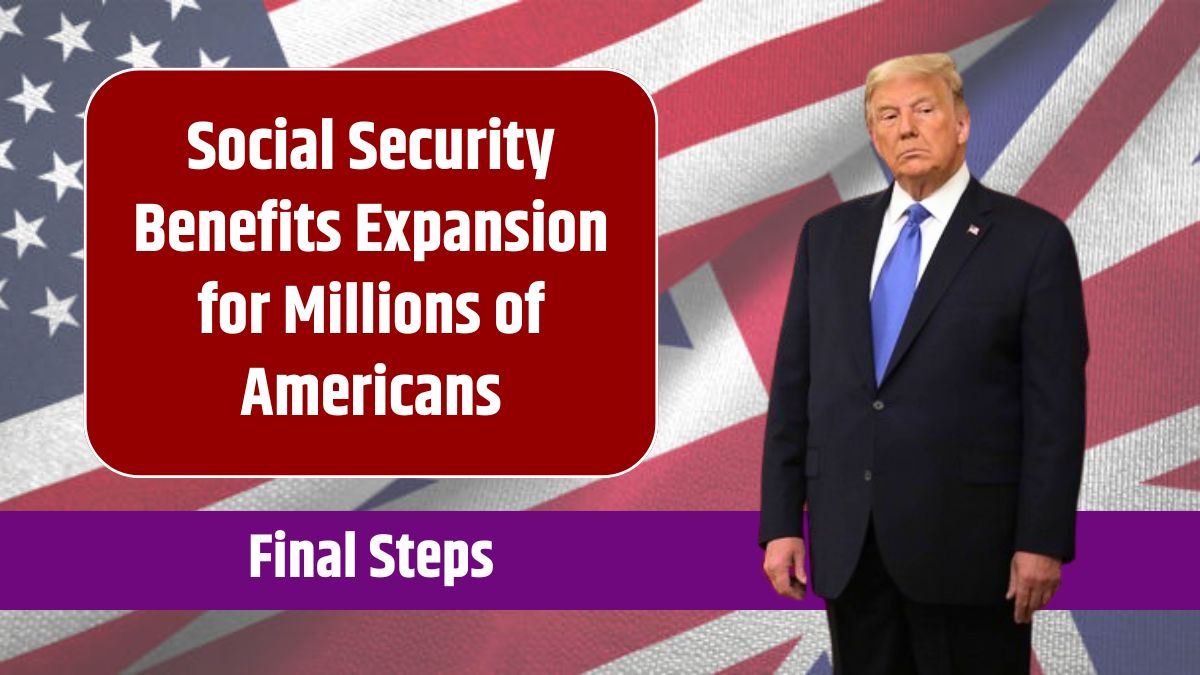The Social Security Fairness Act is once again in the spotlight as it nears a potential Senate vote before the year’s end. This bipartisan bill seeks to repeal two controversial provisions—the Windfall Elimination Provision (WEP) and the Government Pension Offset (GPO)—that currently reduce Social Security benefits for millions of Americans. If passed, it could bring financial relief to around 2.8 million individuals, but significant hurdles remain.
Table of Contents
Bill Aim to Address
The Windfall Elimination Provision (WEP) and Government Pension Offset (GPO) affect beneficiaries who receive “non-covered pensions” from employers that did not withhold Social Security taxes, such as state or local governments and some foreign employers.
- WEP: Reduces Social Security worker benefits for individuals who qualify for both non-covered pensions and Social Security benefits based on covered earnings.
- GPO: Adjusts spousal or survivor benefits for individuals with non-covered pensions, often slashing or eliminating their Social Security benefits.
These provisions were introduced to prevent what was seen as “double-dipping,” but critics argue they unfairly penalize public servants such as teachers, firefighters, and police officers, effectively denying them benefits they earned.
Legislative Journey
The bill passed the House of Representatives with minimal opposition and has strong bipartisan support in the Senate. However, it faces several challenges:
Cost Concerns
According to the Congressional Budget Office, repealing the WEP and GPO would cost an estimated $195 billion over 10 years, placing additional strain on the already overburdened Social Security Trust Funds. This would:
- Shorten the trust fund’s solvency by about six months, based on estimates from the Committee for a Responsible Federal Budget.
- Contribute to the federal deficit, a concern raised by several Republican senators, including Mike Braun of Indiana and Rand Paul of Kentucky.
Broader Social Security Reform
Some Republicans, like Sen. John Thune, have expressed interest in addressing the WEP and GPO but argue that any changes should be part of a comprehensive overhaul of the Social Security system. With the trust fund projected to face insolvency by 2033, resulting in only 79% of scheduled benefits being payable, broader reform remains a pressing issue.
Bipartisan Support
Despite concerns, the bill has garnered notable bipartisan backing:
- Sen. Chuck Schumer, D-N.Y., has been a vocal advocate, emphasizing the importance of ensuring public servants are not penalized for their work in government roles.
- Sen. Bill Cassidy, R-La., highlighted the unfair impact on families of public service workers, calling for the repeal of these provisions as a matter of justice.
The bill’s ability to gather support from across party lines suggests it has a strong chance of passage, provided leadership can address concerns over costs and trust fund solvency.
Implications of the Bill
If enacted, the bill would:
- Restore full Social Security benefits to approximately 2.8 million Americans.
- Provide financial relief to public servants who currently face reduced or eliminated benefits due to the WEP and GPO.
Broader Impact
While the financial cost of the repeal is significant, critics note that its impact on the trust fund’s solvency is relatively modest compared to broader issues facing the system. Advocates argue that addressing the WEP and GPO now would rectify an unfair penalty without drastically undermining the program’s long-term viability.
Will It Pass?
The bill’s fate hinges on garnering 60 votes in the Senate. While its strong bipartisan support increases its chances, the financial and structural challenges of Social Security could sway undecided senators. With Senate Majority Leader Schumer pushing for a vote, public pressure and advocacy from key groups may ultimately decide the outcome.
FAQs
What does the Social Security Fairness Act do?
It repeals the WEP and GPO provisions, restoring benefits to public servants.
Who benefits if the bill passes?
Around 2.8 million Americans, including teachers, police, and firefighters.
What are the costs of the bill?
It would cost $195 billion over 10 years and shorten trust fund solvency by 6 months.
Why are some senators opposing the bill?
Concerns over cost and the impact on Social Security’s financial health.
When could the bill become law?
If it passes the Senate, it could be signed into law by President Biden soon after.






